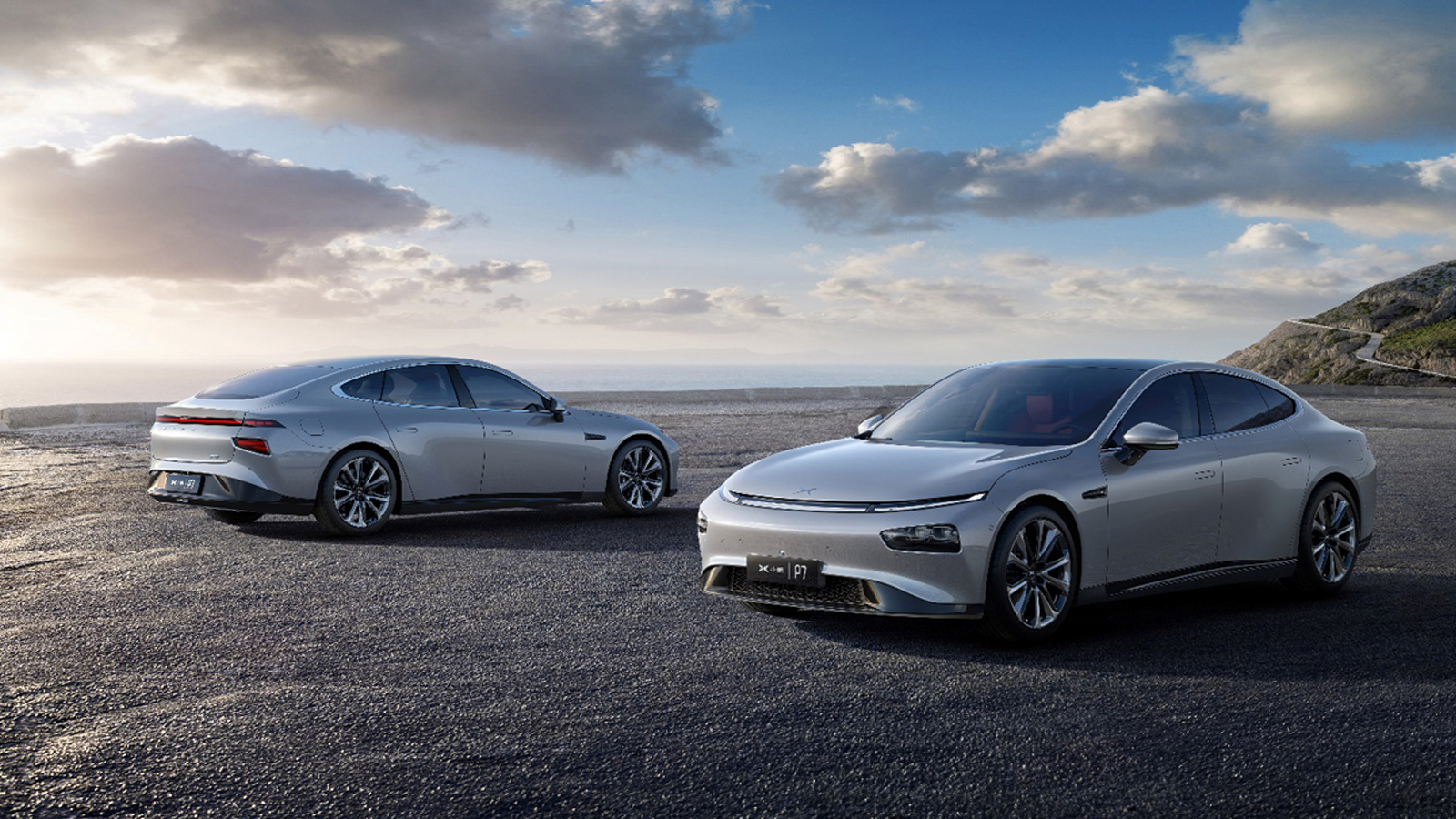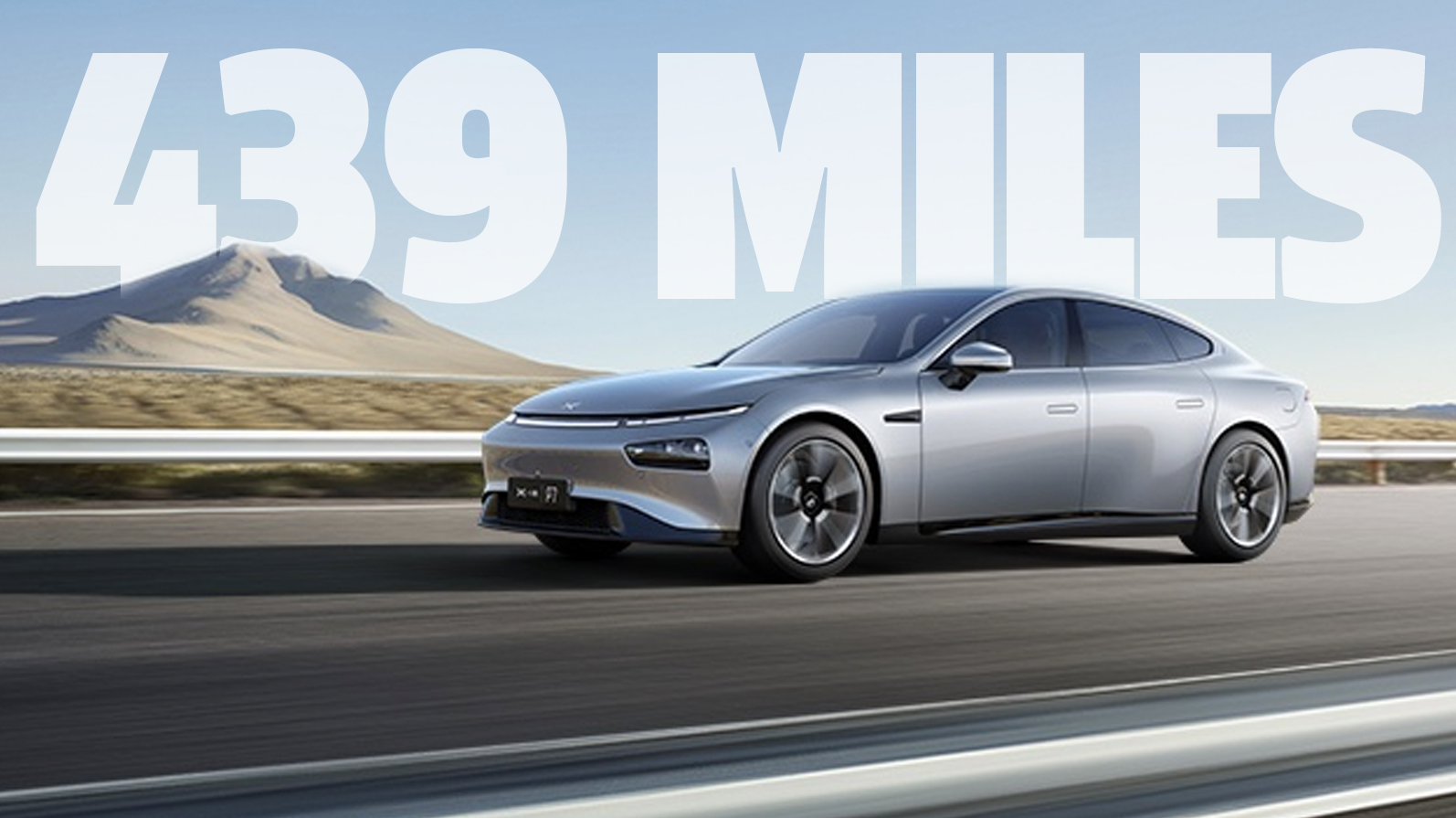The Slick Looking Chinese EV Xpeng P7 Claims A Longer Range Than A Tesla Model 3
The Guangzhou, China-based electric vehicle maker Xpeng, which, were it a human child, would only be old enough to be in kindergarten, announced today a new electric sports sedan, the P7, which boasts an estimated range of 439 miles, which you math whizzes may realize is longer than the Tesla Model 3's 419 miles. The Model 3 has been the longest-range EV for sale on the market, so this is big news.
Both the P7 and Model 3's range estimates are using the NEDC (New European Driving Cycle) test format, and both are referring to the highest range versions of both models, both of which happen to be RWD, the Tesla having a 75 kWh battery, and the Xpeng having a 80.9 kWh battery.
Xpeng says the P7 is available for order now, right now, well, if you're in China and have between $32,462 and $49,404 to throw around, and are willing to wait until June, when they'll start to be delivered.
Xpeng also claims to have the first Level 3 autonomous production vehicle available in China, but I'm a bit skeptical of that, as no one has any Level 3 vehicles available for sale anywhere as of yet, if we're honest.
The interesting thing about the P7, though, is how much it actually feels like it could be a viable Tesla competitor, at least design-wise. Sure, the Chevy Bolt offered range and usability on par with Tesla, but the frumpy looks simply failed to capture the interest of potential EV buyers, and the associated intangible status stylistic appeal of the Tesla Model 3 are completely absent on the Bolt, hence its comparatively poor sales.

This Xpeng feels different.
The styling is sleek and clean and has the same high-tech veneer as the Model 3. It's got the performance to match, going from 0 to 62 in 4.3 seconds, close enough to the Model 3's 0-60 3.9 seconds.
Though official plans to sell the P7 in the U.S. have not been announced, Xpeng has received road test permission from NHTSA to conduct road tests. If the car ends up being sold in America, this could prove to be a very formidable pretender to the Model 3's crown.
Of course, there are still some hurdles to Chinese car brand adoption in America, often with perceptions of build quality issues, but it's not like Tesla didn't have to deal with that as well.
Should be interesting!
